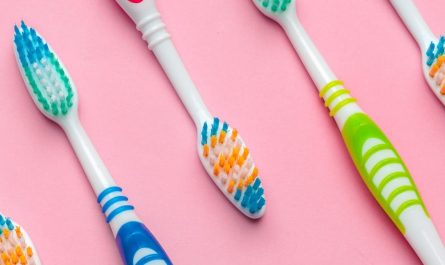Introduction:
Using an electric toothbrush is an effective way to maintain good oral hygiene and promote dental health. However, there may be concerns about whether it is safe and appropriate to use an electric toothbrush every day. In this guide, we will explore the benefits of using an electric toothbrush daily, address any potential risks or considerations, and provide tips for incorporating it into your oral care routine. By understanding the advantages and potential limitations, you can make an informed decision about using an electric toothbrush on a daily basis.
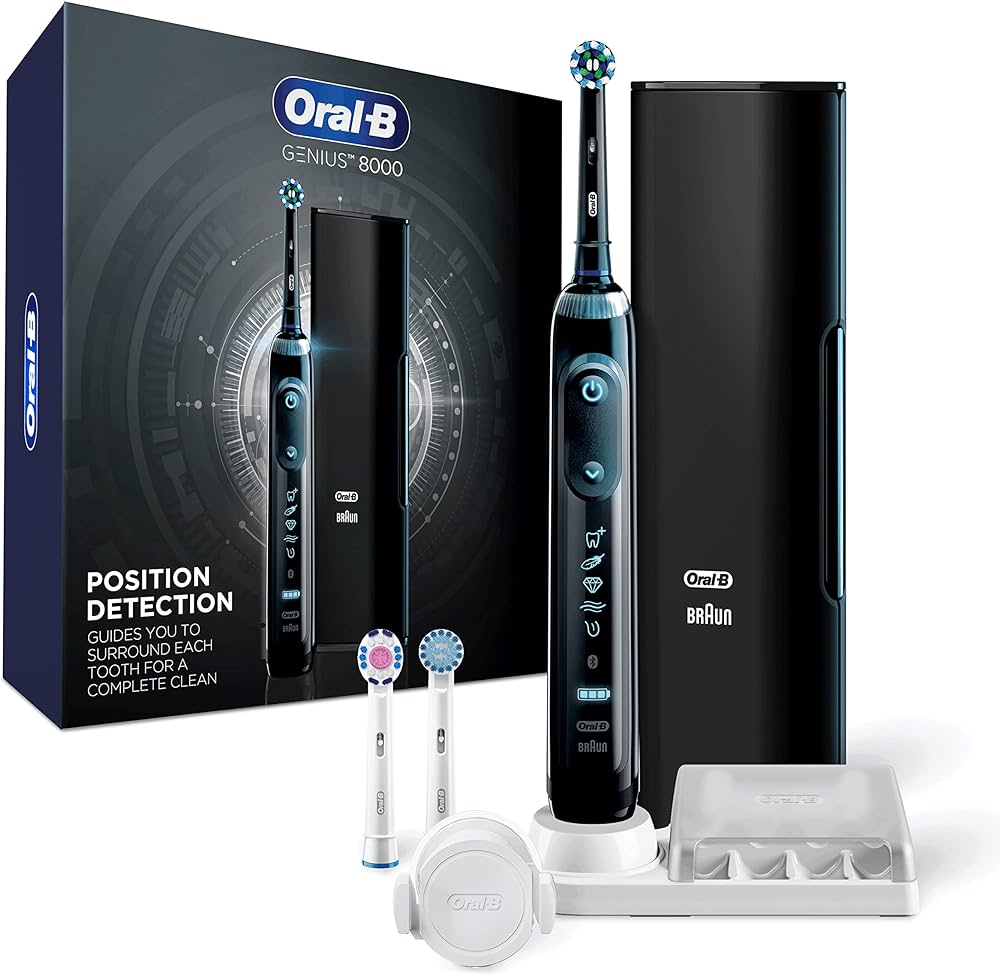
Is it OK to use electric toothbrush everyday?
Benefits of Using an Electric Toothbrush:
Using an electric toothbrush daily can offer several benefits for oral health. Here are some advantages to consider:
Enhanced Plaque Removal: Electric toothbrushes with rotating or vibrating bristles can provide more thorough and efficient plaque removal compared to manual toothbrushes. The oscillating or sonic movements help dislodge plaque and debris from the teeth and gums, promoting cleaner and healthier oral hygiene.
Improved Gum Health: The gentle and consistent motions of an electric toothbrush can help stimulate the gums, promoting blood circulation and maintaining gum health. By effectively removing plaque and reducing the risk of gum disease, an electric toothbrush can contribute to healthier gums.
Time and Technique: Electric toothbrushes often come with built-in timers that ensure you brush for the recommended duration of two minutes. Additionally, some models feature pressure sensors that alert you if you’re applying too much force while brushing. These features help maintain consistent brushing time and technique, maximizing the effectiveness of your oral care routine.
Convenience and Accessibility: Electric toothbrushes are designed to be user-friendly, making them suitable for individuals with limited dexterity, such as children, older adults, or those with physical disabilities. Their ergonomic handles and automated brushing actions can simplify the brushing process and improve overall oral hygiene.
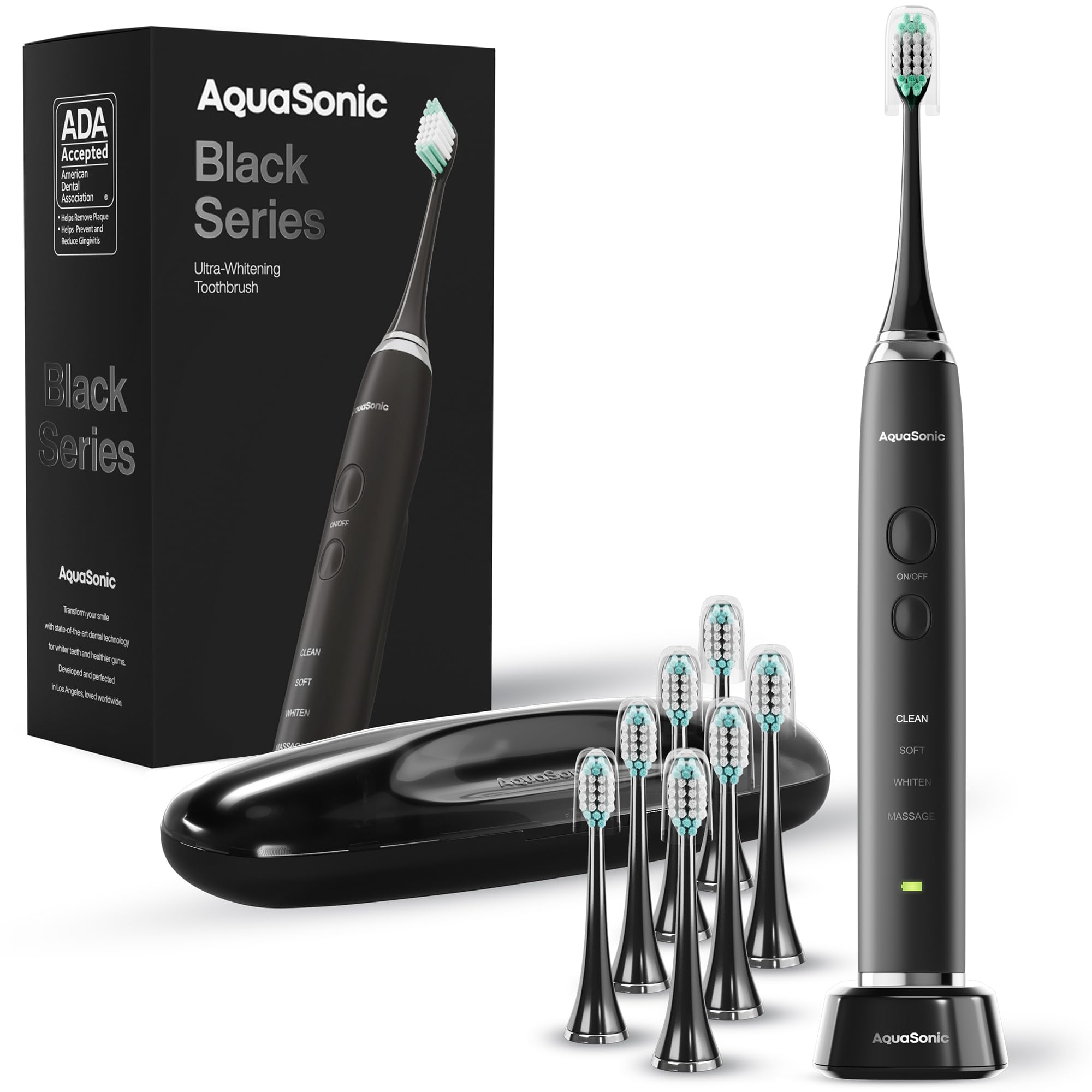
Considerations for Daily Use:
While daily use of an electric toothbrush is generally safe and beneficial, there are some considerations to keep in mind:
Brushing Technique: Regardless of the type of toothbrush, it is important to maintain proper brushing technique. Avoid excessive pressure, use gentle circular or back-and-forth motions, and ensure that all tooth surfaces, including the gumline, are adequately cleaned. Follow the recommendations of your dentist or dental hygienist regarding proper brushing technique.
Sensitive Teeth or Gums: If you have sensitive teeth or gums, using an electric toothbrush may require some adjustments. Opt for a toothbrush with a sensitive mode or softer bristles, and be mindful of the pressure you apply while brushing. If you experience discomfort or increased sensitivity, consult with your dentist for personalized recommendations.
Gum Recession: Individuals with gum recession may need to exercise caution when using an electric toothbrush. Brushing too aggressively or with excessive pressure can further irritate and damage the exposed tooth roots. It is advisable to consult with your dentist to determine the most appropriate brushing technique and toothbrush for your specific condition.
Children and Adolescents: Electric toothbrushes can be suitable for children and adolescents, but age-appropriate models and proper supervision are crucial. Ensure that the toothbrush is specifically designed for their age group, and supervise younger children to ensure they brush properly and safely.
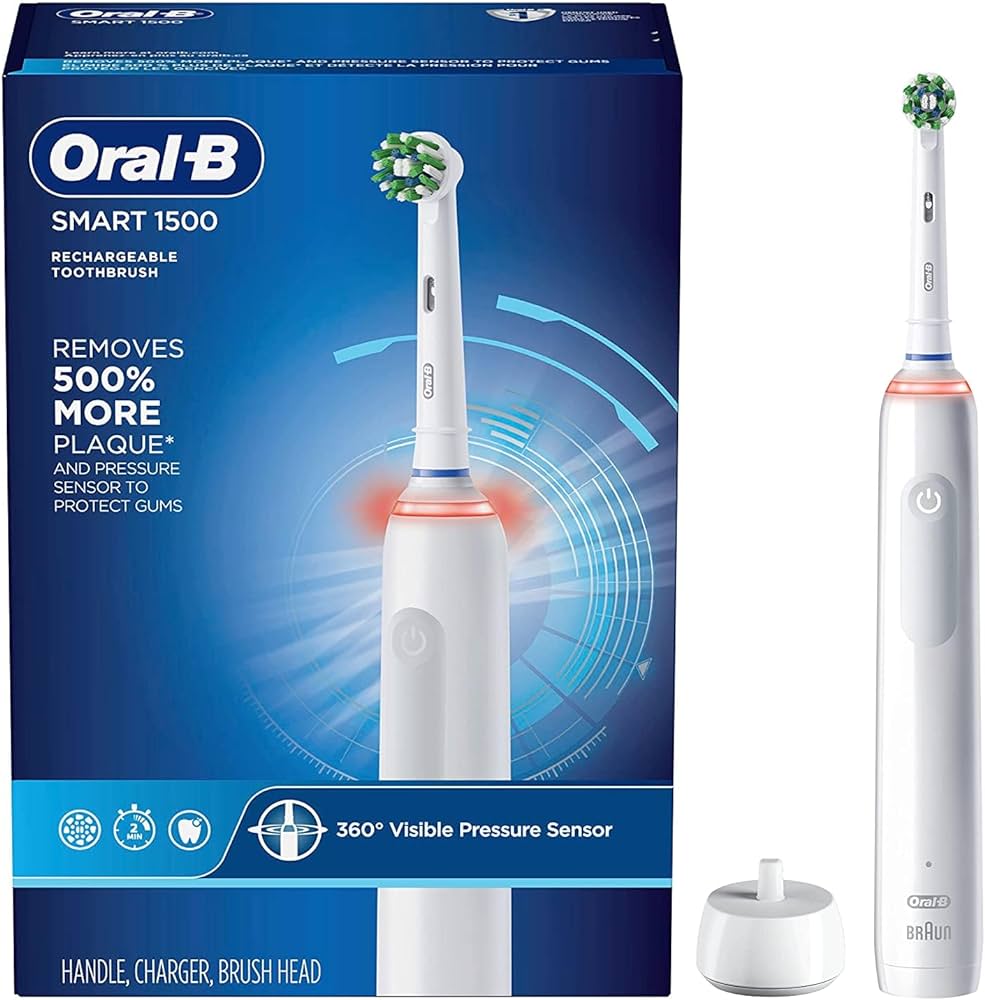
Incorporating an Electric Toothbrush into Your Routine:
To maximize the benefits of using an electric toothbrush daily, consider the following tips:
Select the Right Toothbrush: Choose an electric toothbrush that suits your specific needs, taking into account factors such as sensitivity, age, and any dental conditions. Consult with your dentist or dental hygienist for personalized recommendations if you are unsure.
Brush Twice a Day: The American Dental Association (ADA) recommends brushing your teeth at least twice a day. Use your electric toothbrush during your morning and evening oral care routines to maintain consistent oral hygiene.
Replace Brush Heads: Regularly replace the brush head as recommended by the manufacturer or your dental professional. Over time, brush heads can wear out and become less effective, compromising their ability to remove plaque and maintain oral health.
Clean and Store Properly: After each use, rinse the brush head thoroughly under running water to remove any debris or toothpaste residue. Shake off excess water and allow the brush head to air dry before storing it. Avoid storing the toothbrush in a closed container or in a damp environment to prevent bacterial growth.
Visit Your Dentist Regularly: While using an electric toothbrush is beneficial, it should not replace regular dental checkups. Schedule biannual visits to your dentist for professional cleanings, examinations, and personalized oral care recommendations.
Personalize Your Oral Care Routine: In addition to using an electric toothbrush, incorporate other essential oral care practices into your routine. These may include flossing, using mouthwash, and maintaining a balanced diet to support overall dental health.
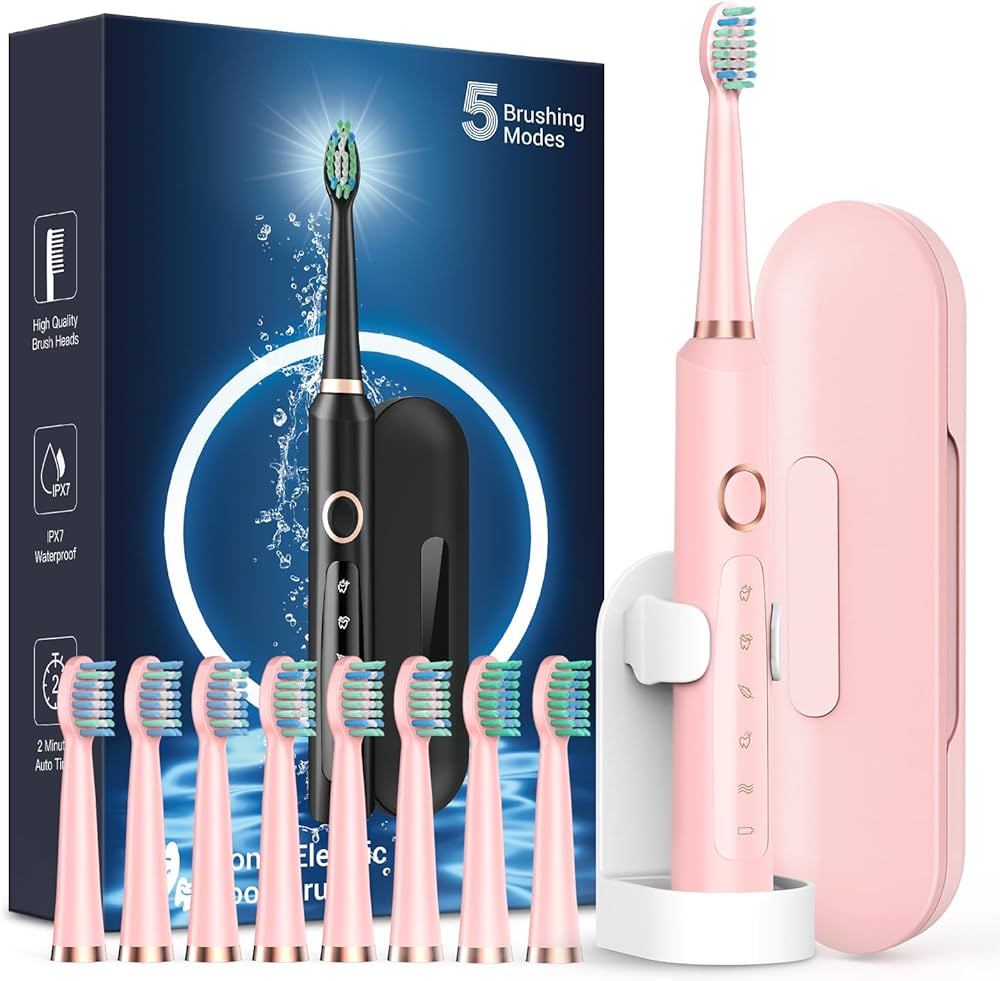
Potential Risks of Daily Use:
While daily use of an electric toothbrush is generally safe and beneficial, there are a few potential risks to be aware of:
- Overbrushing: Some individuals may be prone to overbrushing when using an electric toothbrush, especially if they are not mindful of the pressure they apply. Overbrushing can lead to enamel wear, gum recession, and tooth sensitivity. It’s important to use gentle, controlled motions and avoid excessive pressure while brushing.
- Irritation or Discomfort: Individuals with sensitive teeth or gums may experience temporary discomfort or irritation when using an electric toothbrush, particularly if they select a brush head that is too hard or use an aggressive brushing technique. If you experience any discomfort, consider switching to a softer brush head or consulting with your dentist.
- Increased Cost: Electric toothbrushes typically have a higher upfront cost compared to manual toothbrushes. Additionally, they require regular replacement of brush heads, which can be more expensive than replacing manual toothbrushes. However, the long-term benefits and improved oral hygiene may outweigh the additional cost for many individuals.
- Dependence on Power: Electric toothbrushes rely on batteries or charging to operate, which means they may not be suitable for situations where access to power is limited or unavailable. This can be a consideration for individuals who travel frequently or engage in outdoor activities.
Professional Recommendations:
Dental professionals often recommend electric toothbrushes as an effective tool for maintaining good oral hygiene. The American Dental Association (ADA) acknowledges the benefits of electric toothbrushes and states that they can be as effective as manual toothbrushes, if not more so, in removing plaque and reducing gum disease. Many dentists and dental hygienists believe that electric toothbrushes provide more consistent and thorough cleaning than manual toothbrushes.
However, it’s important to note that individual recommendations may vary based on specific oral health conditions and patient needs. Your dentist or dental hygienist can provide personalized recommendations and guidance on using an electric toothbrush safely and effectively.
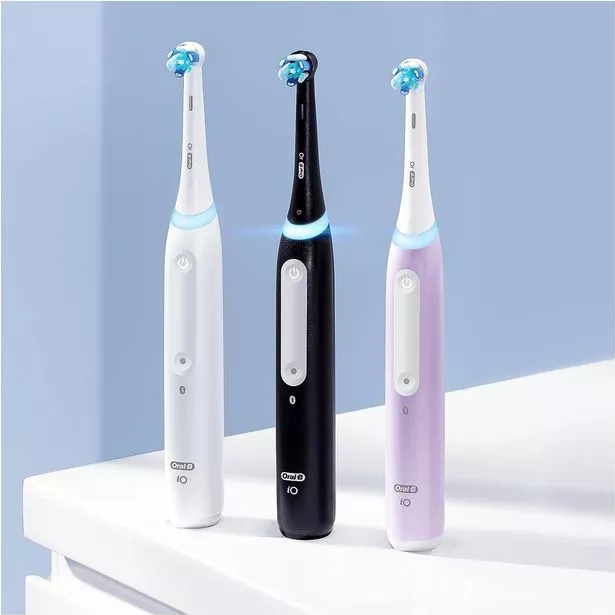
Conclusion:
Using an electric toothbrush every day can provide numerous benefits for oral health, including enhanced plaque removal, improved gum health, and consistent brushing technique. While daily use is generally safe and effective, it is important to maintain proper brushing technique, adjust for sensitivity or specific dental conditions, and supervise younger individuals. By selecting the right toothbrush, replacing brush heads regularly, and practicing good oral hygiene habits, you can maximize the benefits of daily electric toothbrush use. Remember to consult with your dentist or dental hygienist for personalized recommendations and maintain regular dental checkups for comprehensive oral care.


